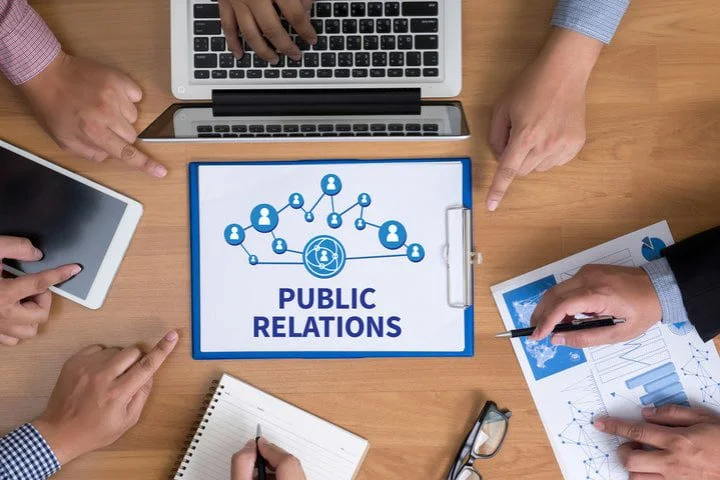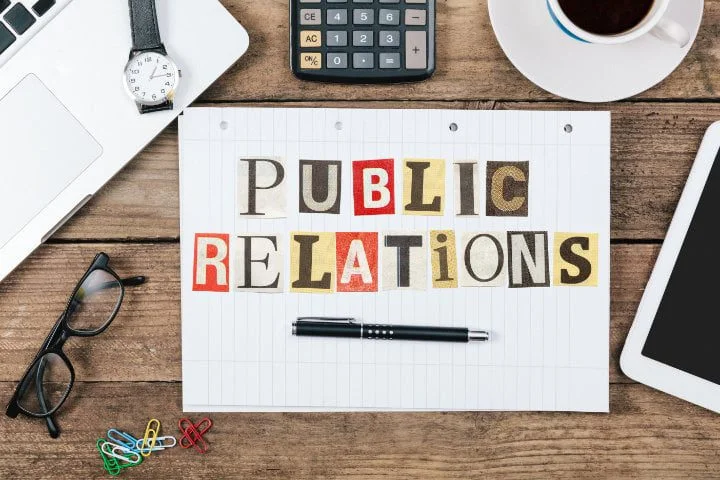Understanding Public Relations (PR) and Propaganda
In communication and public perception management, the lines between PR and propaganda often blur, giving rise to ethical dilemmas and societal scrutiny. While PR aims to foster transparent engagement and build trust, propaganda seeks to manipulate and influence opinions for ulterior motives.
In This Article
Unlike other tools of ‘Promotion Mix’ PR practices are always under scrutiny for gaining undeserving mileage. It is a common allegation that “PR fiddles with the truth” and is widely regarded as a “not-so-clean profession.”
The Intersection of PR and Propaganda
The distinction between PR and propaganda becomes increasingly blurred, particularly in political contexts where the manipulation of public opinion is rampant. Political PR campaigns often use propaganda tactics to sway public sentiment and divert attention from pressing issues.
Propaganda aims to influence, not necessarily inform. Propaganda attracts followers to keep them in line.
Propaganda blankets every area of human activity so that the environment of an individual changes to absorb a particular viewpoint.
In propaganda, one is believed to be free to distract or even falsely achieve the designated purpose.
A notable case study exemplifying this intersection is Scott McClellan’s memoir, “What Happened,” which sheds light on the culture of deception prevalent during George W. Bush’s administration. McClellan’s narrative exposes the manipulation of information and the propagation of political propaganda to justify the Iraq War, highlighting the ethical implications of using PR for nefarious purposes.
Case Study: Scott McClellan’s memoir “What Happened”!
“What Happened: Inside the Bush White House and What’s Wrong with Washington” is an autobiographical bestseller by Scott McClellan, who served as White House Press Secretary from 2003 to 2006 under President George W. Bush.
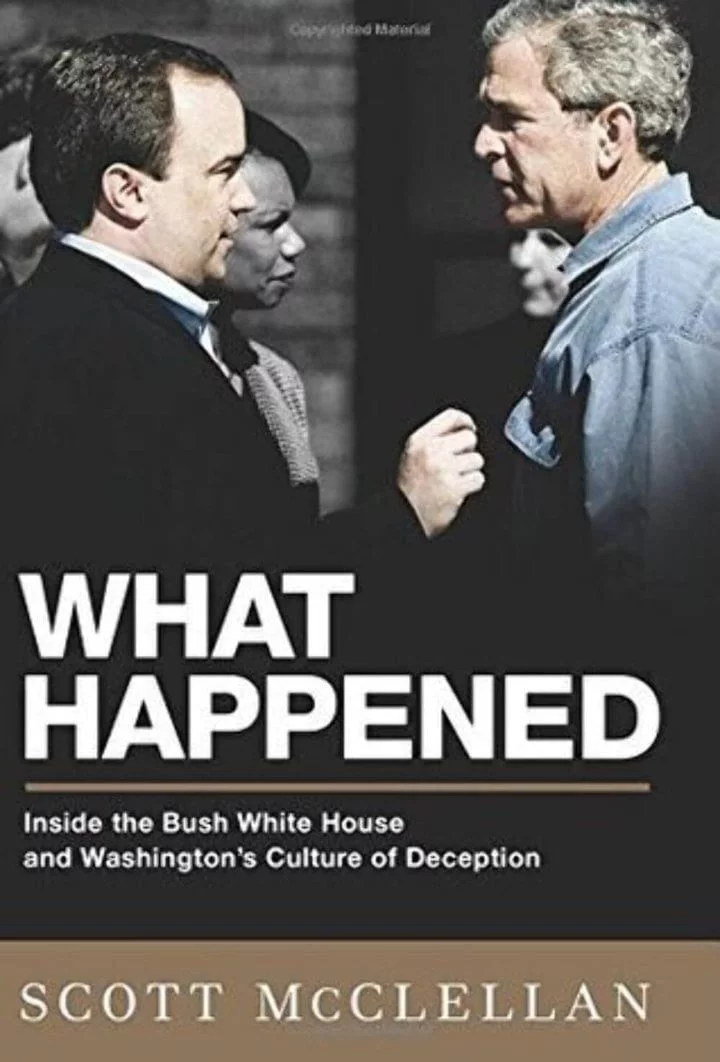
The book was also critical of the press for being “too accepting” of the administration’s perspective on the Iraq War, and of Condoleezza Rice, then secretary of state in Bush’s administration, for being “too accommodating” and overly careful about protecting her reputation.
Public Opinion and Media Manipulation
During the Iraq War, the media played a pivotal role in shaping public opinion, with traditional mass media outlets often aligning with governmental narratives. The embedding of journalists with military forces served as a PR tactic to bolster the credibility of the war effort, presenting a sanitized version of events to the public.
There was a clear division between the opinions about war portrayed in traditional mass media like newspapers, TV, and radio in the USA and UK and what was witnessed on the Internet and the streets, cutting across nationalities and religions.
The internet and social media platforms provided alternative avenues for dissenting voices, challenging the hegemony of mainstream media narratives. Instances of media manipulation, such as the circulation of controversial images depicting atrocities committed by military personnel, undermined the credibility of governmental PR efforts and fueled public outrage.
Facilitating media in crises suits the media facilitators to impose their point of view.
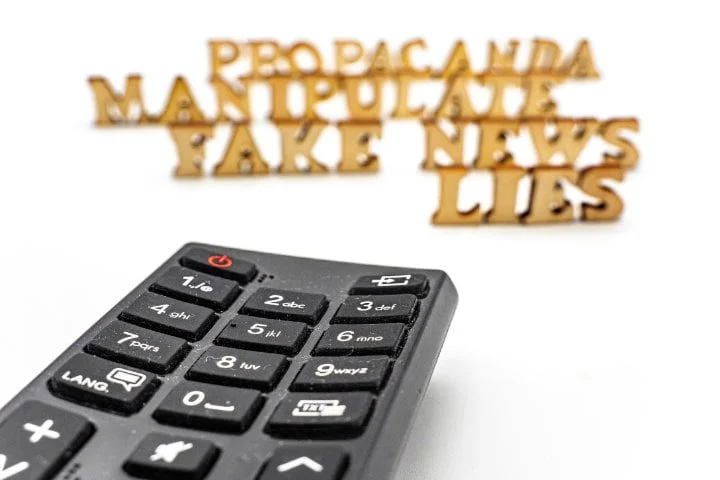
The American media became an ally of the government by sending hundreds of embedded journalists to cover the war. This was publicized as “part of a larger embrace of an information society” by the US Government.
Placing reporters on the front lines with the US military in Iraq has been a public relations success. It improves the credibility of the military with the media and the public.
The British and American media in general have received criticism worldwide for being partisan in covering the war.
There were instances shown by the media as well as by people with opposite views on war that damaged this carefully crafted credibility:

- American soldier posing with the naked Iraqi prisoners
- American soldier urinating on an Iraqi prisoner
- British soldiers torturing Iraqi soldiers
These pictures damaged George Bush and Tony Blair enough to leave no room for damage control. Bush was forced to release a statement: “The actions of some soldiers did not represent the America that I know. The actions of these few people do not reflect the hearts of American people.”
Impact on Global Perception and Market Dynamics
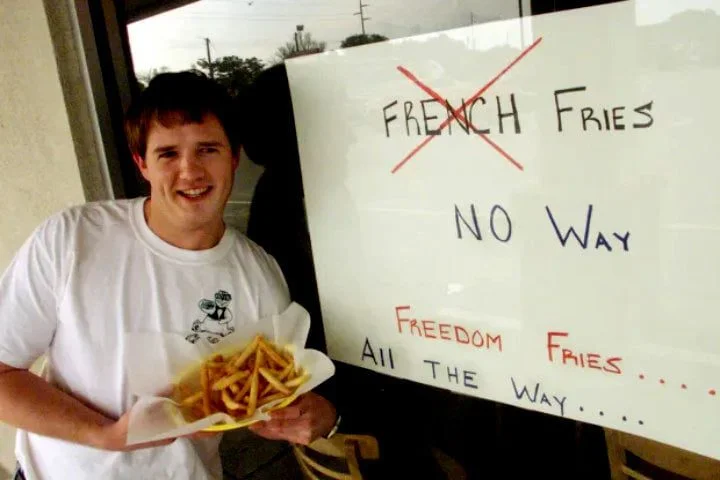
The convergence of PR and propaganda has far-reaching implications beyond national borders, influencing global perceptions and market dynamics. Criticism of political propaganda and perceived injustices, such as the Iraq War, has led to international backlash and socioeconomic repercussions.
Businesses and consumers have used their purchasing power to protest perceived injustices, as seen in the boycott of American goods in nations that oppose the Iraq War. Such actions underscore the interconnectedness of PR, propaganda, and market dynamics, highlighting the need for ethical communication practices to maintain public trust and credibility.
This has an impact on the market as well. Restaurants in Germany took everything American off their menu to protest the Iraq war. In retaliation to France’s criticism, some US restaurants renamed ‘French Fries’ as ‘Freedom Fries.’




